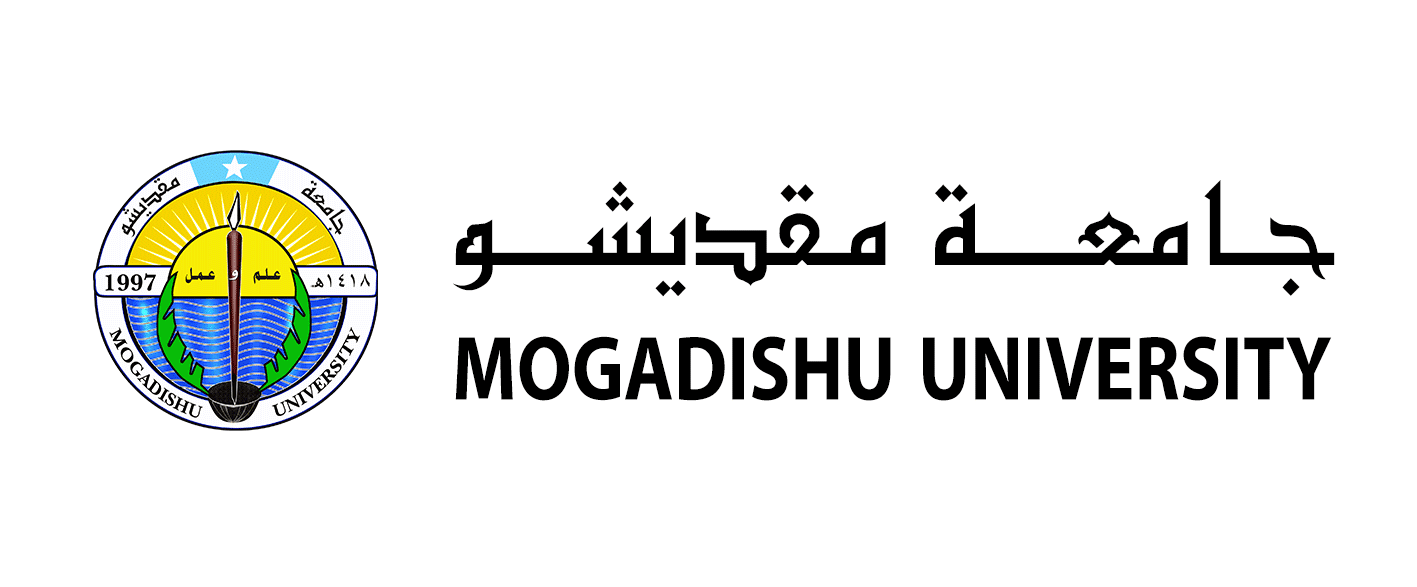ISLAMIC KNOWLEDGE AND THE ENGLISH LEXICON:
THE SCIENCE OF ISLAMIC TERMS AND THE QUESTION OF EQUIVALENCE WITH ENGLISH WORDS.
Author
Hassan Sheikh Ahmed,
Faculty of arts and Human Sciences,
Mogadishu University
ABSTRACT
This study is a qualitative research on the concepts of Islamic knowledge and how they relate to the English lexicon.
The locus of the research paper is the epistemic context of the concepts of Islamic knowledge and linguistic context of the English lexicon.
The specific themes at the centre of the study are Islamic terms and English words.
The Islamic epistemological context overarches the theme of Islamic terms and the linguistic context overarches the theme of English words.
The paper elucidates the sources of the concepts of Islamic knowledge that provide the crucial context of discussing the Islamic terms. The study discusses the Islamic terms that symbolize and convey the concepts of Islamic knowledge and their meanings within the context of the Islamic epistemological tradition.
The paper proceeds from there to delineate the conceptual variable formulated in the research that explains the question of the equivalence of these Islamic terms with English words.
This conceptual variable makes a significant distinction by clarifying that the translation is from Islamic terms into English words; not between two languages. Having defined and explained the corpus of Islamic terms, the selected Islamic terms are then juxtaposed with the definitions of the English words that are regarded and usually used as their equivalents.
The research examines the meanings of the English words comparing them with meanings of Islamic terms. The study shows that the meanings expressed by the Islamic terms, because they symbolize and convey the concepts of Islamic spiritual knowledge, are not captured by the English words.
The conceptual system of the meanings of the Islamic terms come from the spiritual knowledge of Islam whilst the English words, though having concise and precise definitions and meanings in their linguistic context, indicate a temporal axiological orientation.



